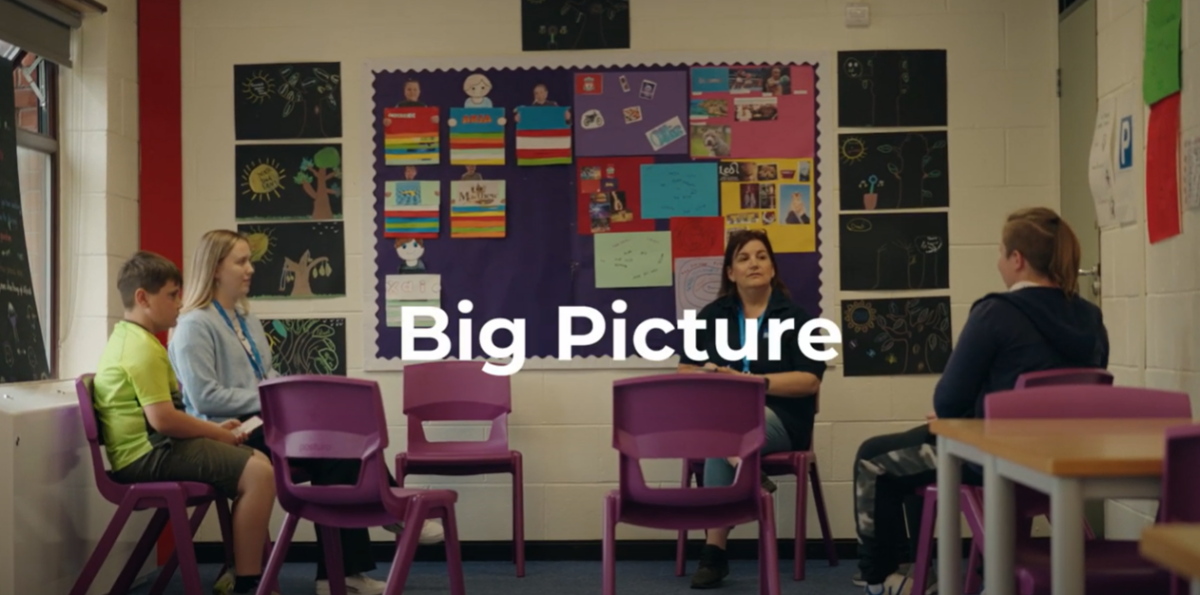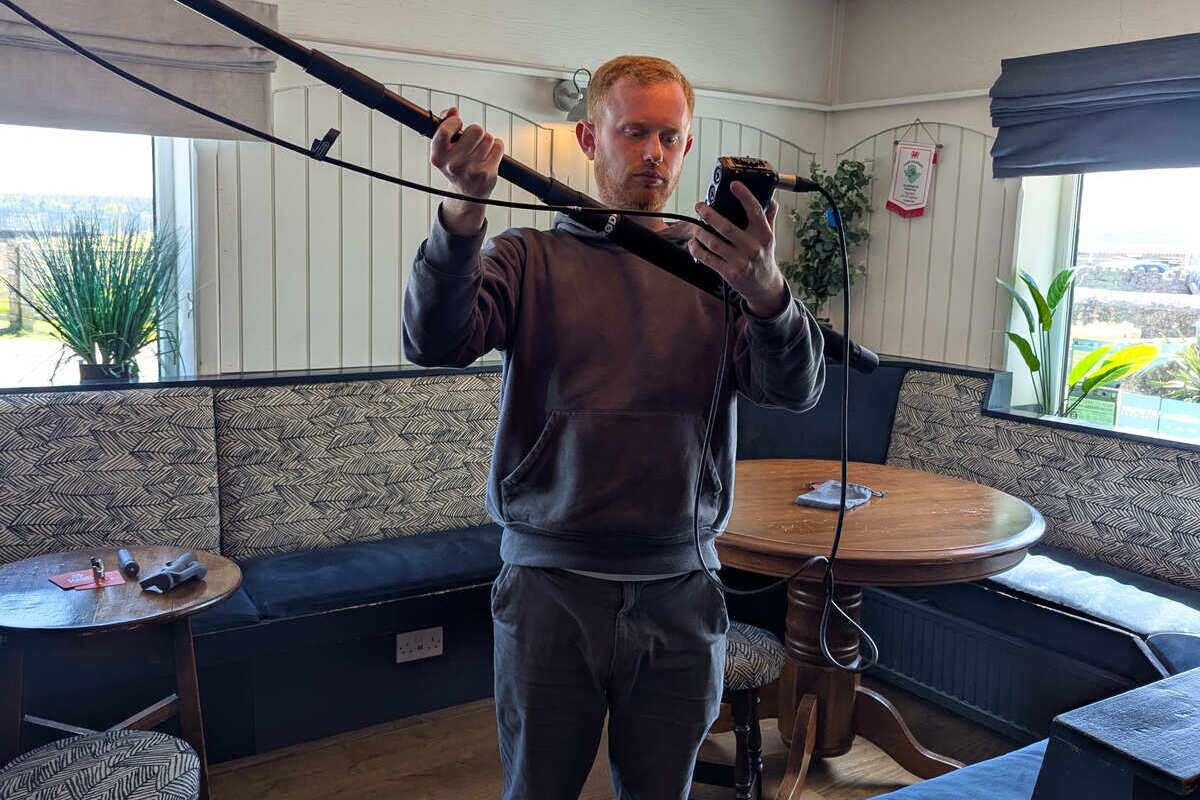New report warns of global higher education equity crisis

World Access to Higher Education Day
Targets on equitable access to higher education by 2030 from UNESCO are unlikely to be met and even fewer students from lower socio-economic backgrounds across the world are likely to enter and succeed by 2025 according to new research launched on this year’s World Access to Higher Education Day (WAHED).
The report, ‘The equity crisis -higher education access and success to 2030‘, by the National Education Opportunities Network (NEON) for Northern Consortium in the UK draws on analysis of data on higher education participation across the world and a global survey of with responses from 80 organisations in over 50 countries and 7 online discussion sessions delivered in partnership with a range of international organisations.
Data from the report – which is featured here in today’s Times Higher Education, shows that around 90% of respondents thought that between now and 2025 for equity groups participation would decrease, attainment fall, student drop out increase and progression to graduate employment decrease. Nearly a quarter of respondents feared that this fall in participation would be over 20%.
It argues that little is being done to address this issue evidence covering 107 countries for the WAHED Global Equity Map showing that less than 20% of countries in the world have specific policies in place to address inequalities in access and success in higher education.
As Professor Dr Malcolm Butler, Chair of Trustees, Northern Consortium states:
‘Understanding a problem is the key to solving it. This report looking at equitable access to higher education across the globe provides insight into the barriers that Northern Consortium hopes to play a part in reducing.
The concluding call to action around leadership, setting targets and investment is both bold and necessary if we are to make inroads into improving the access to higher education for everyone.’
The report recommends that over the next two years organisations with international reach and influence should come together to lead a global task force that is focused specifically on equitable access and success.











Responses